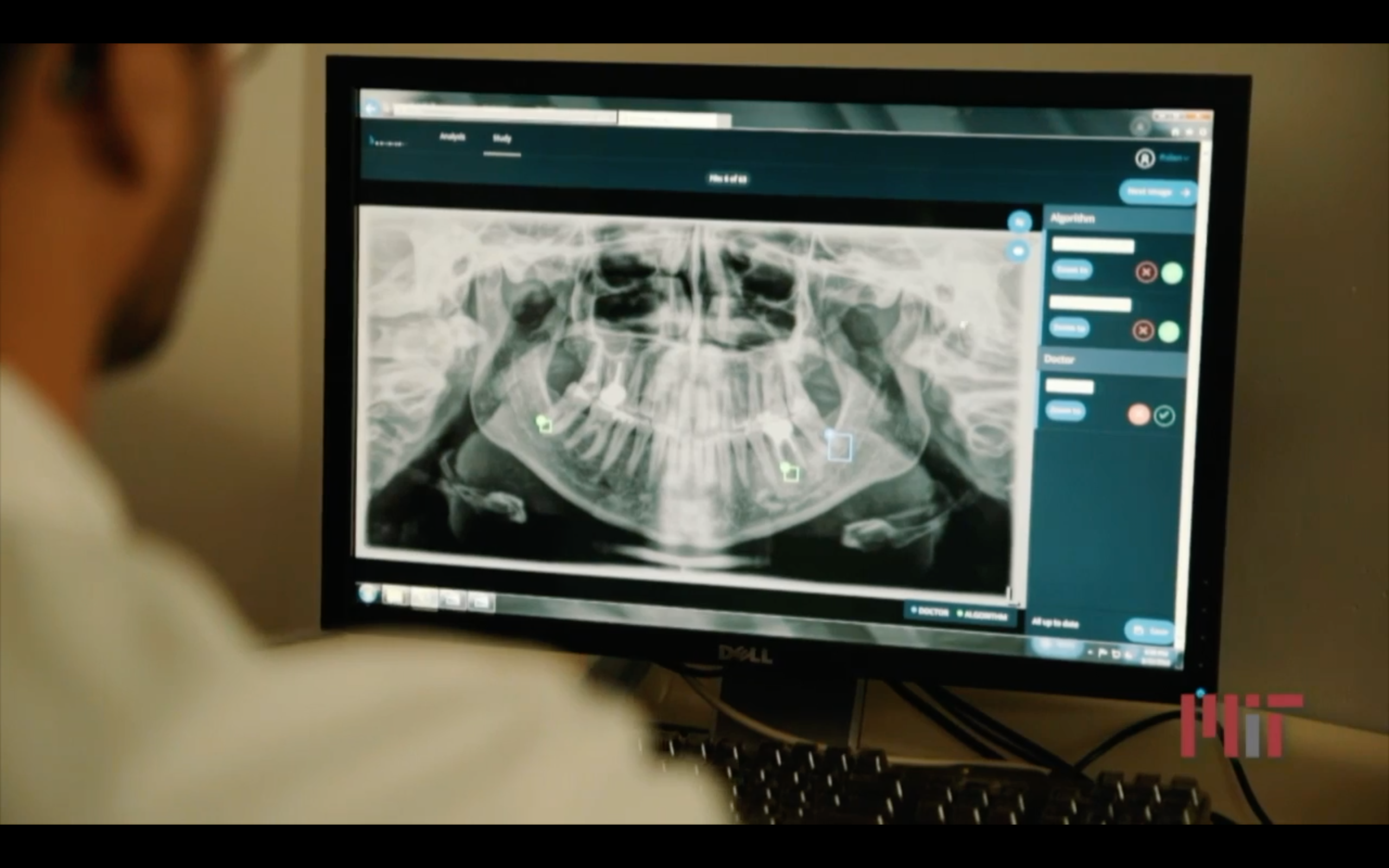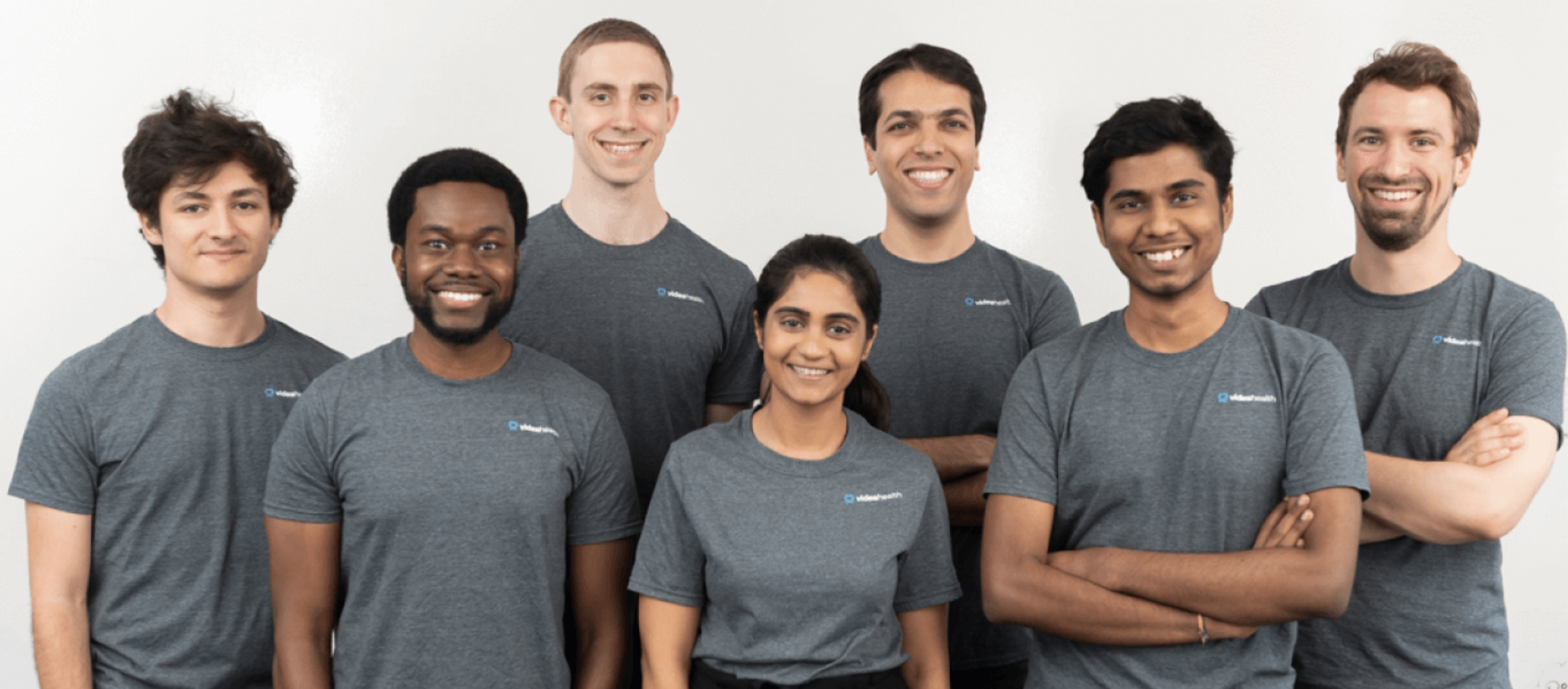Florian Hillen, the chief executive officer of a new startup called VideaHealth, first started researching the problems with dentistry about three years ago.
The Massachusetts Institute of Technology and Harvard educated researcher had been doing research in machine learning and image recognition for years and wanted to apply that research in a field that desperately needed the technology.
Dentistry, while an unlikely initial target, proved to be a market that the young entrepreneur could really sink his teeth into.
“Everyone goes to the dentist [and] in the dentist’s office, x-rays are the major diagnostic tool,” Hillen says. “But there is a lack of standard quality in dentistry. If you go to three different dentists you might get three different opinions.”
With VideaHealth (and competitors like Pearl) the machine learning technologies the company has developed can introduce a standard of care across dental practices, say Hillen. That’s especially attractive as dental businesses become rolled up into large service provider plays in much of the U.S.

Image courtesy of VideaHealth
Dental practitioners also present a more receptive audience to the benefits of automation than some other medical health professionals (ahem… radiologists). Because dentists have more than one role in the clinic they can see enabling technologies like image recognition as something that will help their practices operate more efficiently rather than potentially put people out of a job.
“AI in radiology competes with the radiologist,” says Hillen. “In dentistry we support the dentist to detect diseases more reliably, more accurately, and earlier.”
The ability to see more patients and catch problems earlier without the need for more time consuming and invasive procedures for a dentist actually presents a better outcome for both practitioners and patients, Hillen says.
It’s been a year since Hillen launched the company and he’s already attracted investors including Zetta Venture Partners, Pillar and MIT’s Delta V, who invested in the company’s most recent $5.4 million seed financing.
Already the company has collaborations with dental clinics across the U.S. through partnerships with organizations like Heartland Dental, which operates over 950 clinics in the Midwest. The company has seven employees currently and will use its cash to hire broadly and for further research and development.

Photo courtesy of VideaHealth
from Startups – TechCrunch https://ift.tt/2mOqbi5
Comments
Post a Comment